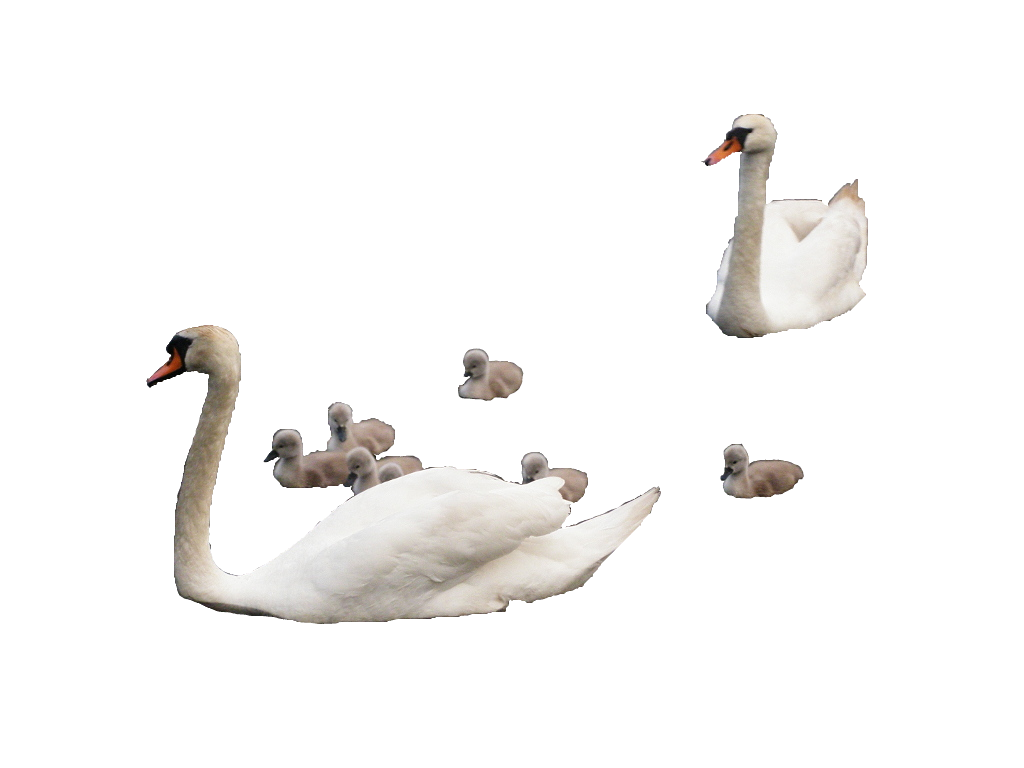
You are here
3.4.2. Culture

Culture is a by individuals and groups created set of rules and habits, reflected in daily schedules, design, activities and creations. Every man is entitled to his or her own rules and habits, provided they are not injurious to themselves and others.
The cultural heritage makes lifestyle, viewpoint and creations of people from the past visible. The cultural heritage is of historic value which has to be handled carefully. It gives posterity insight into the mindsets, pitfalls and traditions of the past and a wealth of creations.
The danger of rules and habits is that they tend to lead their own life. What first gave peace and order becomes compulsive and dictatorial. Then it turns out that it's no longer the human who creates and directs the rules and habits, but the reverse: man is created and directed thanks to rules and habits. To avoid that man is the victim of his or her own creations, vigilance is required. Rules and habits are personal and time-bounded and need to be reviewed, recalibrated and re-aligned constantly with the rules and customs of others. Self-determination at all times precedes for the preservation of cultural traditions. It follows that others relationally, intellectually, economically or culturally manipulate, inintimidate, brainwash or force lifestyles and viewpoints out of the past and/or present to take over, is damaging for the freedom of every person and thus inadmissible.
The UN/government is the, by the citizens designated, authority to ensure that the rules and habits of individuals and cultures no robotic jack produces in his own thinking-box. It will ensure that the rules and habits do no harm both, on the short and long term, to individuals and groups. Citizens are the designees to ensure that the rules and habits of the UN/government and/or others, do no harm and the UN/government and each other pointing out when that happens.

